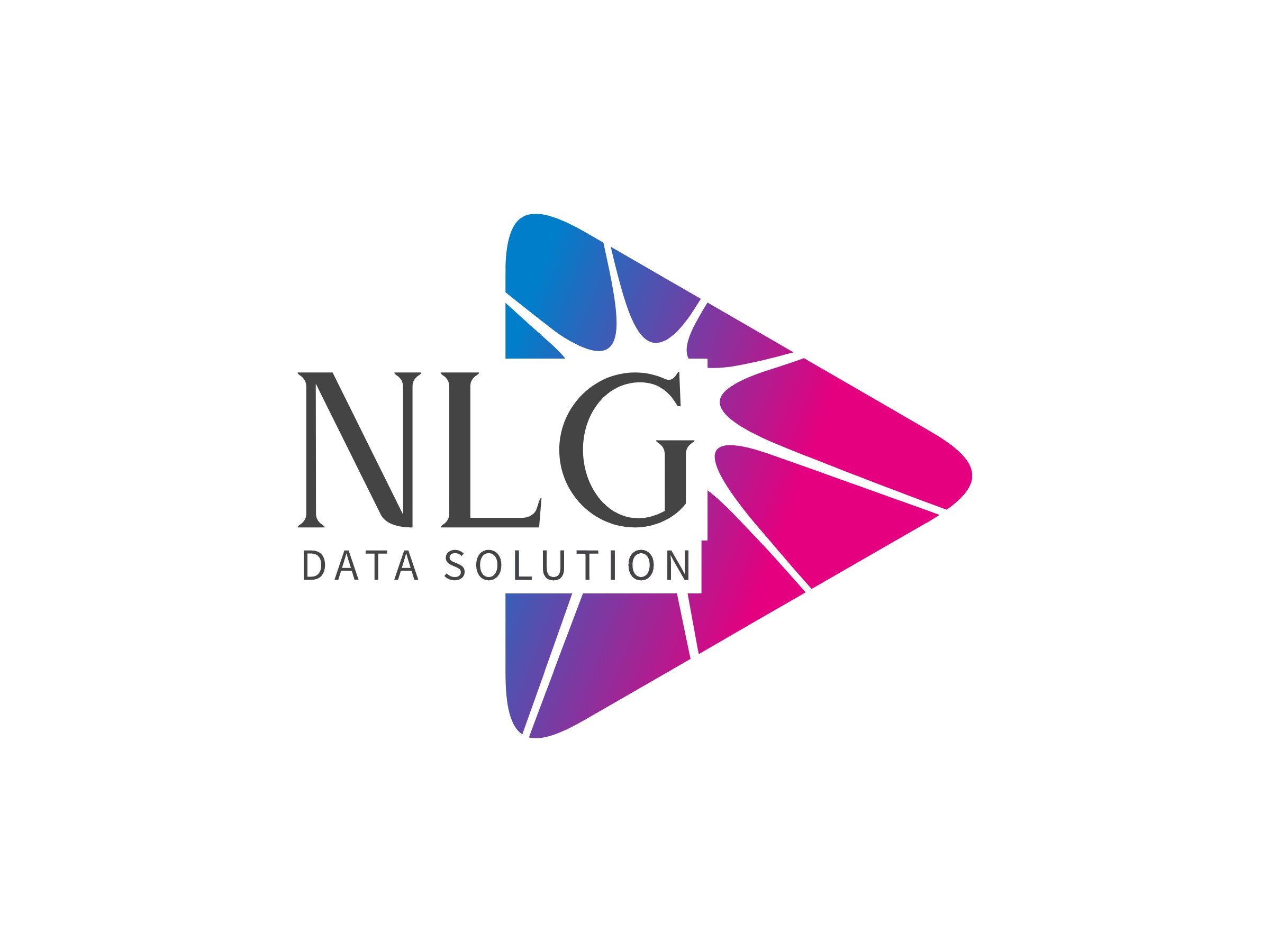
A Guiding Principle for CMMS Data Excellence
At the heart of our approach lies a principle shared by a senior operations leader with more than 15 years of experience across multiple industries and disciplines. Having previously served in the maintenance and operations team for Total’s Maharajalela South Project—and directly involved in the implementation of CMMS for operations—he once remarked:
“If what you are doing makes the operations team’s job more difficult, don’t do it. Our work must make their work easier.”
This perspective has become a guiding philosophy for our work. It reminds us that the true purpose of CMMS data preparation is not simply about populating a system—it is about enabling operations teams to work efficiently, make informed decisions, and avoid costly mistakes.
The Role of Accurate Data in Operations
Oil and gas plants are inherently complex. A single facility may include more than 80 equipment packages, spanning rotating machinery, electrical systems, instrumentation, and control items. These packages are supplied by different vendors—some directly from OEMs, others as system integrators delivering larger assemblies of multiple subsystems.
Each piece of equipment is delivered with comprehensive documentation, requested by the engineering contractor during procurement. These documents serve as the reference point for all maintenance and operational activities. As CMMS data builders, our responsibility is to translate these references into structured, accurate, and connected data for seamless use in the system.
Yet challenges often arise. Documentation may be outdated, incomplete, or inconsistent—ranging from obsolete drawings and duplicated tags to missing technical details. If such issues are not resolved during the data preparation process, they are carried into the CMMS. The result: unreliable data that discourages teams from using the system.
Why CMMS Systems Become Underutilized
In practice, CMMS underutilization can usually be traced to one of three causes:
1. User Adoption Challenges
Teams are untrained or unfamiliar with the system and find alternative ways to complete their work. Much like how some prefer older operating systems or traditional tools, users avoid the CMMS if they perceive little added value.
2. System Reliability Issues
A CMMS that is slow, confusing, or prone to crashes quickly erodes user trust.
3. Data Integrity Problems
The most damaging factor is poor-quality data. Inaccurate, incomplete, or poorly structured information creates confusion and errors. For instance, if a technician intending to replace a motor bearing mistakenly orders a pump bearing due to misleading records, the CMMS ceases to be an asset and instead becomes a liability.
The Consequences of Underutilization
The ripple effects of CMMS underutilization are significant:
1. Inefficient Information Management
Without reliable system data, teams fall back on spreadsheets, leading to multiple versions and inconsistencies across the organization.
2. Siloed Operations
Poor integration forces departments to work in isolation, slowing execution and creating unnecessary delays. Even identifying the correct part can consume hours that could otherwise be saved through a centralized, reliable system.
3. Wasted Investment
Beyond lost efficiency, organizations continue to pay recurring software costs without realizing the intended value.
Unlocking the Full Potential of CMMS
To ensure CMMS delivers its intended benefits, organizations must focus on three critical areas:
1. Maximize Awareness of System Capabilities
Stakeholders must fully understand the system’s functionality and how it can support their work.
2. Guarantee Data Reliability
Robust processes must be in place to validate technical data, eliminate inconsistencies, and maintain clear relationships across all assets.
3. Promote Engagement and Continuous Improvement
Teams should be trained, supported, and encouraged to use the CMMS regularly, with processes in place to ensure the data remains current and accurate.
Conclusion
CMMS is more than just software—it is a strategic enabler of operational excellence. Its value is realized not in the system itself, but in the accuracy, reliability, and accessibility of the data it contains.
The guiding principle we carry forward is simple yet powerful: our work must make the operations team’s job easier, never harder. When data is complete and trustworthy, the CMMS becomes a vital tool for decision-making, efficiency, and collaboration. When it is not, the system risks becoming an underutilized expense.
At its best, CMMS empowers organizations to achieve operational excellence—and it all begins with reliable data.

Interesting input